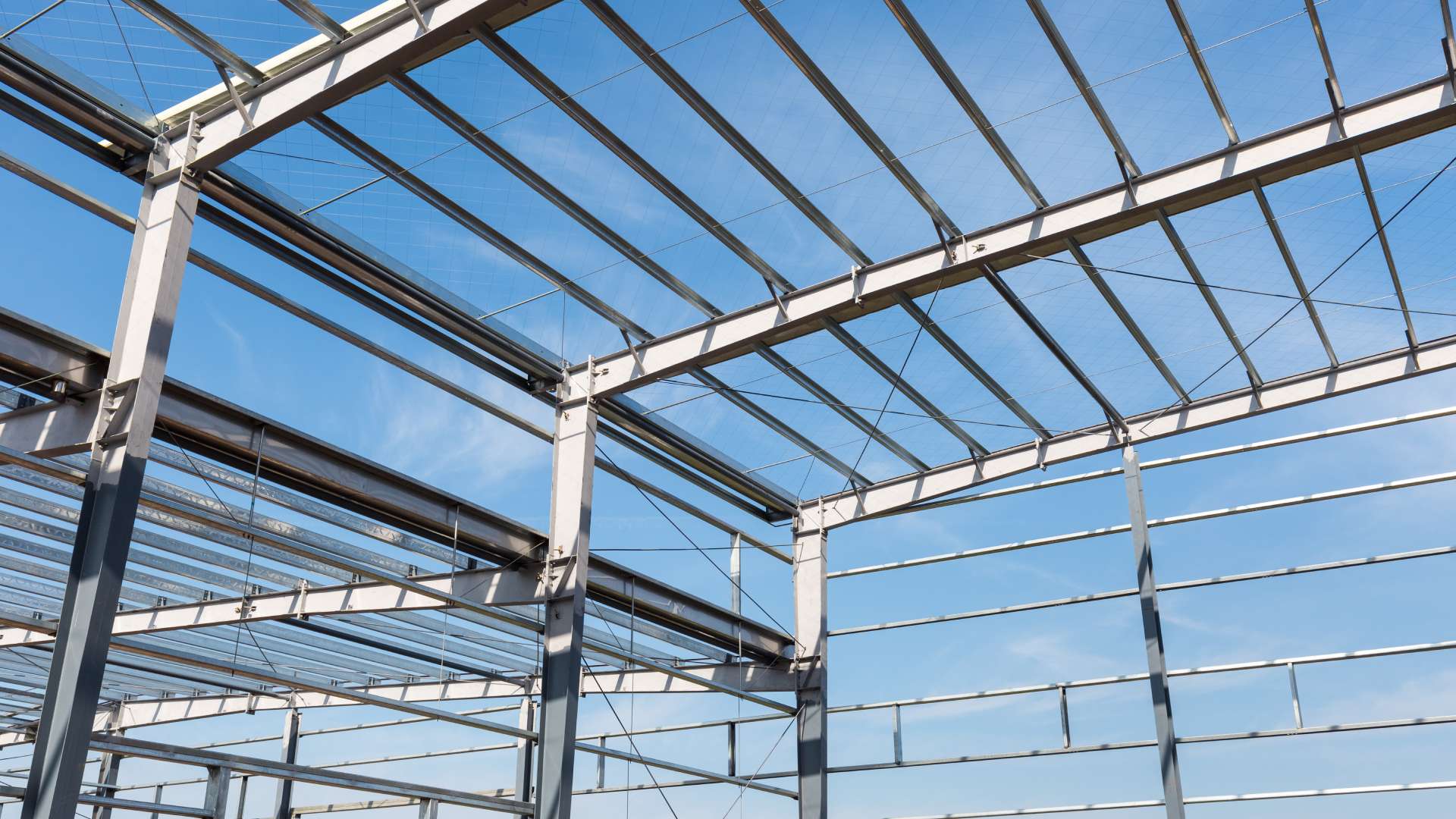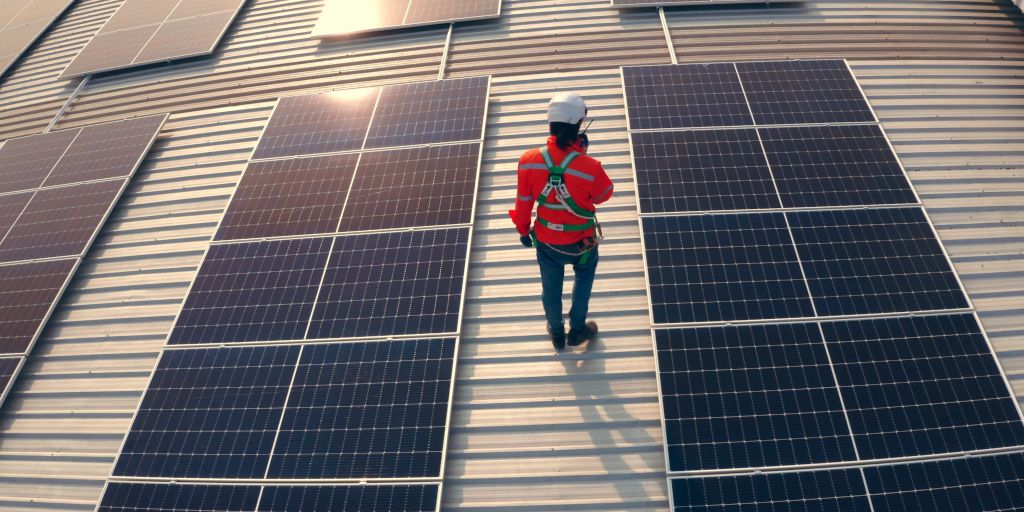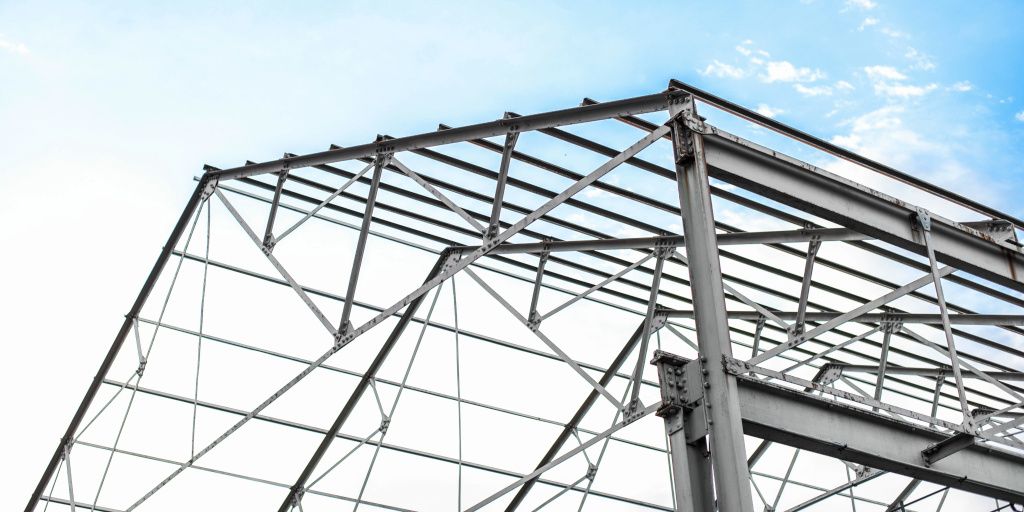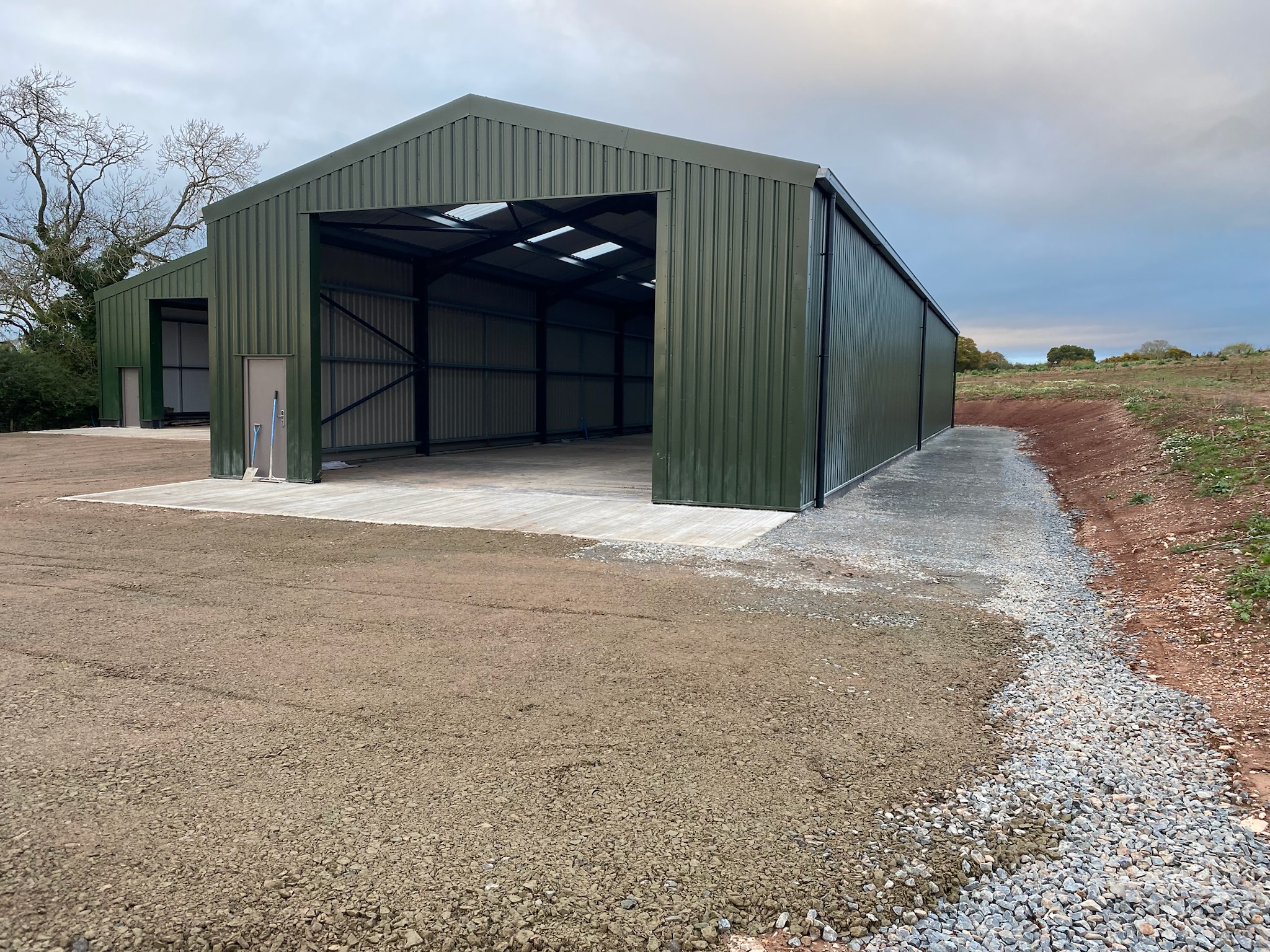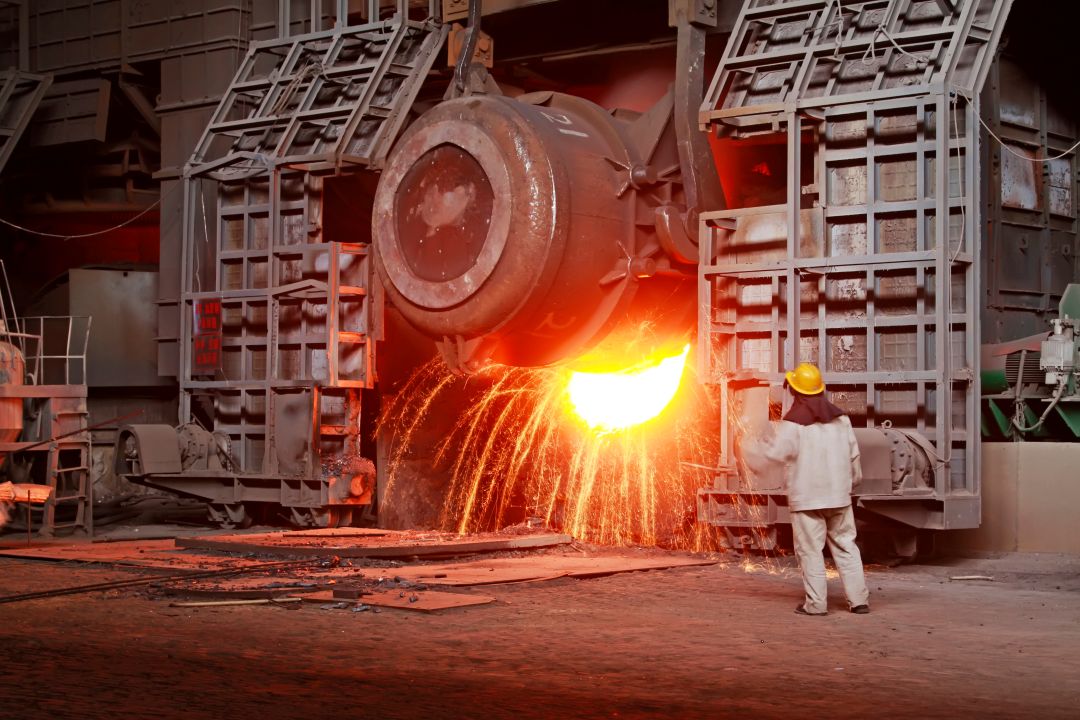Energy efficiency is a growing concern for industrial building owners and operators. With rising energy costs and increasing environmental regulations, finding effective ways to reduce energy consumption is crucial. One of the most impactful solutions lies in insulation. By properly insulating industrial buildings, businesses can save money, reduce their carbon footprint, and create a more sustainable operation.
Energy Efficiency in Industrial Buildings
Energy efficiency in industrial buildings means minimising energy waste. In these big buildings energy is lost through poorly insulated walls, roofs and floors, resulting in higher heating and cooling bills. According to UK government stats industrial buildings account for a big chunk of national energy consumption, with heating and ventilation systems being the main culprits. Sorting out these inefficiencies can save you big and the environment.
Why Insulation in Industrial Buildings Matters
Insulation helps to reduce energy loss by keeping the internal temperature stable. In the winter it helps to retain heat, in the summer it stops heat getting in. This reduces the need for HVAC systems and lower energy bills and carbon footprint.
Plus, well insulated buildings help to keep employees comfortable and safe by maintaining a consistent indoor environment. Insulation also protects machinery and stored goods from extreme temperatures so they perform and last better.
Insulation Types for Industrial Buildings
Choosing the right insulation material is key to energy efficiency. Here are the most common types used in industrial buildings:
Spray Foam Insulation: Covers lots of area and fills gaps, great for irregular surfaces.
Fibreglass Insulation: Cheap and widely used, comes in rolls or batts and is for walls and ceilings.
Rigid Board Insulation: High thermal resistance and used in walls and roofs.
Reflective Insulation: Reduces heat gain by reflecting radiant heat, great for warm climates or buildings with high solar exposure.
Each has its advantages and it depends on the building and budget.
Benefits of Insulation for Industrial
Insulation saves you:
Energy Costs: Proper insulation can save you big on heating and cooling bills, long term.
Indoor Environment: A stable internal temperature keeps employees comfortable and protects sensitive equipment.
Sustainability: By reducing energy consumption businesses can reduce their carbon footprint and meet environmental targets.
Longevity of Buildings: Insulation prevents issues like condensation, damp and thermal expansion that can weaken the building over time.
Challenges & Considerations
While the benefits are obvious, insulating industrial buildings isn’t without its challenges. Big open spaces, high ceilings and unique shapes can make insulation tricky. Budget is another constraint but the long term savings often outweigh the upfront cost.
And of course insulation installations need to comply with UK building regulations which have energy efficiency standards. Working with experienced professionals can help you navigate that.
Contact Us
At Buildings-UK we can provide you with bespoke solutions for industrial buildings including insulation services. Our experts will assess your building, recommend the right insulation and make the installation process smooth. Partner with us and get energy efficiency and long term savings.
Get in touch with Buildings-UK today to see how we can help your industrial building.

